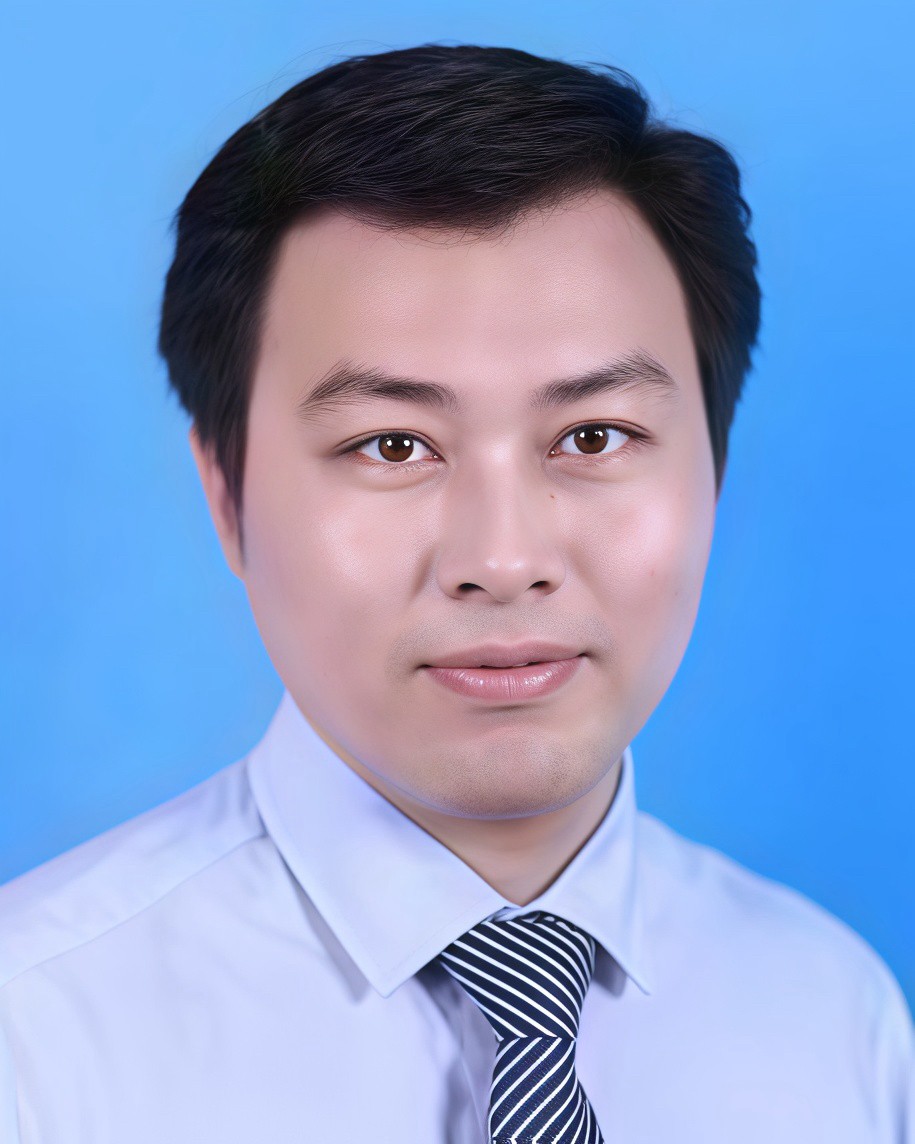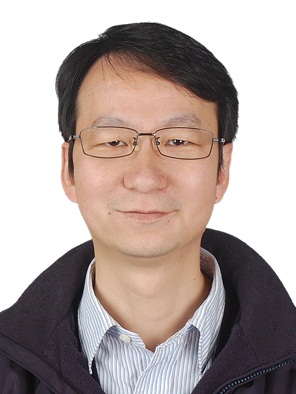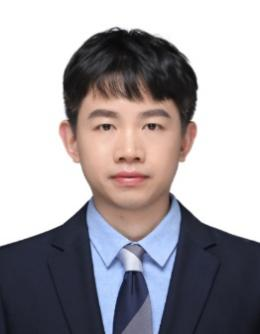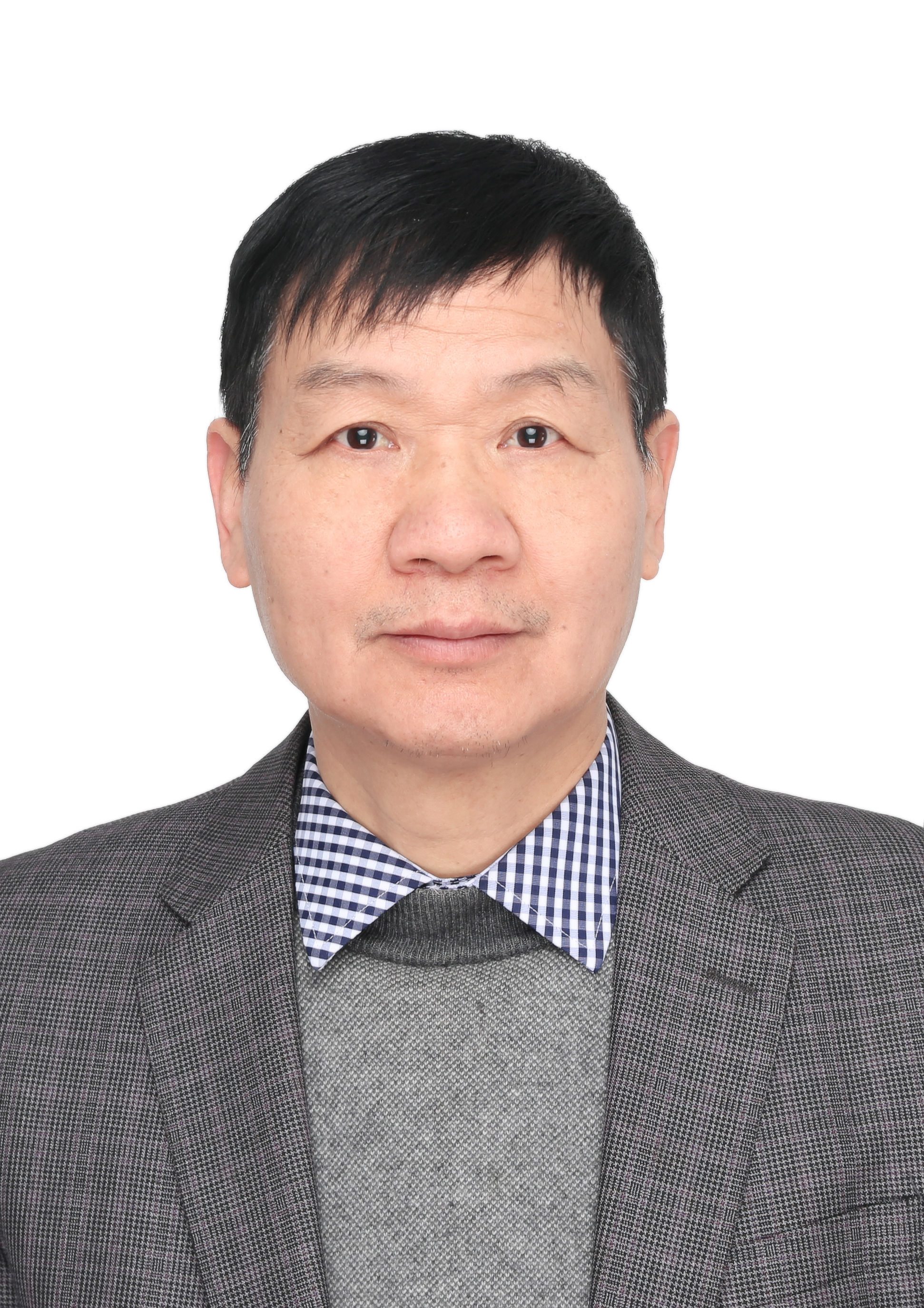
| Zhi-Hui Zhan (IEEE Fellow)Nankai University, China BIO: Zhi-Hui Zhan (Fellow, IEEE) is currently a Changjiang Scholar Young Professor and Gifted Professor with the College of Artificial Intelligence, Nankai University, Tianjin, China. His current research interests include evolutionary computation, swarm intelligence, and their applications in real-world problems. Prof. Zhan is an IEEE Fellow. He was a recipient of the IEEE Computational Intelligence Society (CIS) Outstanding Early Career Award in 2021, the Outstanding Youth Science Foundation from National Natural Science Foundations of China (NSFC) in 2018, and the Wu Wen-Jun Artificial Intelligence Excellent Youth from the Chinese Association for Artificial Intelligence in 2017. He is listed as the Highly Cited Researcher by Clarivate Analytics, is listed as the World’s Top 2% Scientist for both Career-Long Impact and Year Impact in Artificial Intelligence, and is listed as the Elsevier Highly Cited Chinese Researcher in Computer Science from 2014 to 2024. He is currently an Associate Editor of the IEEE Transactions on Evolutionary Computation, the IEEE Transactions on Emerging Topics in Computational Intelligence, the IEEE Transactions on Artificial Intelligence, and the IEEE Transactions on Systems, Man and Cybernetics: Systems. Speech Title:Data-Driven Evolutionary Computation in Artificial Intelligence: What to Drive and How to Drive Abstract:Evolutionary computation (EC) is a kind of powerful artificial intelligence (AI) method for optimization. The EC simulates the evolutionary phenomenon and swarm intelligent behavior in nature, being promising in knowledge creation and problem solving. As the EC algorithms follow the Darwin’s “survival of the fittest” principle to select better solutions and to reproduce new solutions, they may face difficulties when deal with expensive optimization problem if the fitness evaluation is very time/cost consuming or even the fitness function cannot be formulated. The complex optimization problems also challenge the EC algorithms to make them easy to be trapped into local optima or to take too long time to converge to the promising region. Therefore, data-driven EC (DDEC) has become popular in helping EC algorithms solve these challenging optimization problems. This talk will focus on what to drive in DDEC and how to drive the DDEC. For what to drive, we focus on building surrogate for fitness evaluation to drive selection and focus on learning successful pattern for help generating solutions to drive evolution. Then in data-driven for selection, we talk about Boosting Data-Driven Evolutionary Algorithm (BDDEA) and Hierarchical and Ensemble Surrogate-assisted Evolutionary Algorithm (HES-EA); in data-driven for evolution, we talk about Learning-aided Evolution for Optimization (LEO) and Knowledge Learning for Evolutionary Computation (KLEC). We hope such new EC paradigms can provide new ways for solving modern ultra-complex optimization problems and promote the new developments of EC and AI. |
| Xiao WuSouthwest Jiaotong University, China BIO: Xiao Wu is a Professor of Southwest Jiaotong University, Chengdu, China. He received the Ph.D. degree in Computer Science from City University of Hong Kong, Hong Kong. He was with the School of Computer Science, Carnegie Mellon University, Pittsburgh, PA, USA, and at the School of Information and Computer Science, the University of California, Irvine, CA, USA, as a Visiting Scholar from 2006 to 2007 and from 2015 to 2016, respectively. His research interests include artificial intelligence, computer vision, and intelligent transportation systems. He has authored or co-authored more than 100 research papers in well-respected journals, such as TIP, TMM, and TMI, and prestigious proceedings like CVPR, ICCV, and ACM MM. He received the Second Prize of Natural Science Award of the Ministry of Education, China, in 2016, the Second Prize of Science and Technology Progress Award of Henan Province, China, in 2017, the Best Paper Award of International Conference on Multimedia Modeling, in 2021, and the Best Paper Award of ACM International Conference on Multimedia Asia in 2024. Speech Title:Human-Centered Interaction Detection and Applications Abstract:Understanding human-centered interactions is pivotal for developing intelligent systems capable of perceiving, interpreting, and responding to human activities in complex environments. This presentation will provide a comprehensive overview of advanced research in human-object interaction (HOI) detection, extending the scope to encompass critical interaction paradigms such as human-object-human (HOH), human-object-object (HOO) and contactless human-object interactions. The core focus will be on elucidating the methodologies, challenges, and practical applications of these interaction detection technologies within industrial settings. |
| Yong LuoWuhan University, China BIO: Yong Luo received the B.E. degree in Computer Science from the Northwestern Polytechnical University, Xi’an, China, and the D.Sc. degree in the School of Electronics Engineering and Computer Science, Peking University, Beijing, China. He was a Research Fellow with the School of Computer Science and Engineering, Nanyang Technological University, and is currently a Professor with the School of Computer Science, Wuhan University, China. His research interests are primarily on machine learning and data mining with applications to visual information understanding and analysis. He has authored or co-authored over 100 papers in top journals and prestigious conferences including Nature Machine Intelligence, Nature Communications, IEEE T-PAMI and IJCV. He is serving on editorial board for IEEE T-MM. He received the IEEE Globecom 2016 Best Paper Award, and was nominated as the IJCAI 2017 Distinguished Best Paper Award. He is also a co-recipient of the IEEE TMM 2023, IEEE ICME 2019 and IEEE VCIP 2019 Best Paper Awards. Speech Title:Deep Model Fusion Abstract:The paradigm of deep learning has significantly evolved in recent years, moving beyond traditional supervised learning to incorporate knowledge transfer and model editing. While these emerging techniques show promise in enhancing performance, accelerated training, and reducing labeled data dependency, their full potential and scalability to large foundation models remain unexplored. This talk provides an investigation of knowledge transfer and model fusion techniques for deep neural networks, covering (1) their background, motivation, and existing approaches; (2) a taxonomy for categorizing these techniques and the formal definitions for each category; (3) our recent contributions to the field, including adaptive model ensemble, plug-and-play techniques for improved model merging, adaptive weight-based model mixing, and model merging in Pareto optimization contexts; (4) discussion of the strengths, challenges, and future directions of model fusion techniques, providing a comprehensive overview of this rapidly evolving area in deep learning. |
| Xinguo YuCentral China Normal University, China BIO: Prof. Yu Xinguo is Professor at the National Engineering Research Center for E-Learning, Central China Normal University, Wuhan, China. He also holds an adjunct professorship at the University of Wollongong, Australia. He is the Chair of the Hubei Society of Artificial Intelligence in Research and Education. Prof. Yu's research primarily focuses on HI-AI collaboration, intelligent education, intelligent research, educational robotics, multimedia analysis, computer vision, and machine learning. With over 200 published research papers including over 30 SCI papers. Prof. Yu serves as an Associate Editor and Guest Editor for several international journals and has contributed significantly to the global academic community by serving as General Chair, Keynote Speaker, and Program Chair for more than 30 international conferences. Since 2021, he has pioneered and led the annual International Conference on Intelligent Education and Intelligent Research. Speech Title:AI and the Transformation of Work Paradigms Abstract:Artificial Intelligence (AI), particularly large language models (LLMs), is reshaping work paradigms across a wide range of domains that involve human intelligence. First, AI has transformed traditional research into a collaborative effort between humans and machines. Remarkably, AI-assisted research has even contributed to Nobel Prize-winning work. Second, AI technologies are redefining education by acting as alternative forms of instruction, influencing not only how students learn but also how they think and interact. Third, AI is revolutionizing work in numerous other sectors, including public service and home-based roles, by introducing new modes of operation and enhancing productivity. This talk explores these paradigm shifts and examines the implications of AI's pervasive role in the modern workforce. |
| Liang ChenUniversity of Northern British Columbia (UNBC), Canada BIO: Dr. Liang Chen is a Professor of Computer Science at the University of Northern British Columbia (UNBC) in British Columbia, Canada, where he has served since 2001 and led the department as chair (2005–2009) and acting chair (2021–2022). He earned a BSc in Computer Software from Huazhong University of Science and Technology (1988) and a PhD in Computer Science from the Institute of Software, Chinese Academy of Sciences (1994). Before joining UNBC, he worked in academia and industry in China, Japan, and France. His research spans pattern recognition, image processing, computational geometry, intelligent language tutoring systems, data mining, bioinformatics, computational intelligence (including fuzzy systems and neural networks), and voting schemes. He was the founding chair of the IEEE Northern British Columbia Subsection, and his biography appears in the 20th and 21st editions of Marquis Who’s Who in the World. Speech Title: Seeing Like a Machine: Why Stability Beats Accuracy in Subjective Recognition Abstract: In domains such as human or animal face recognition—and even leadership selection—clear, universally accepted standards for “correct” outcomes are often absent. These are subjective pattern-recognition problems. Computing machines excel at tasks requiring massive computation, yet when rules are underspecified, performance targets become misaligned with problem knowledge. This talk examines the expectation–knowledge gap and argues that pursuing high accuracy on arbitrary or shifting labels reduces research to trial and error. Instead, evaluation should prioritize stability—the consistency of outputs under perturbations to data, labels, model settings, and noise. Centering stability provides a more meaningful basis for progress on subjective tasks and better aligns algorithm design with real-world uncertainty. |




